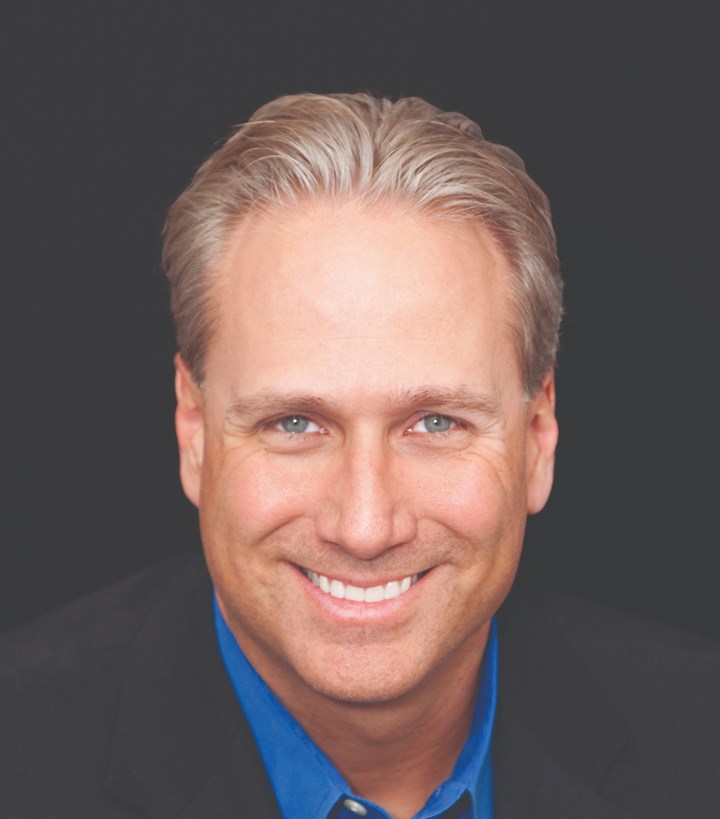Uncertainty and Change in 2020
Procrastinating to avoid change is always rooted in some form of fear.

Two words I am hearing lately in the business community are “uncertainty” and “change.” Uncertainty in 2020 is easily attributable to the COVID-19 pandemic and its impact on the economy, the employee/employer working relationship, supply chain interruption and more. Change, on the other hand, is constant in business. The need for change in business occurs with or without the presence of a pandemic. So, why is change so difficult for many of us? Procrastination.
For example, a CEO knows that his company should implement a new marketing campaign to drive new sales, yet he doesn’t commit to spending the money and puts it off. Or a plant manager knows he needs to fire a toxic employee, yet they still work for him because he cannot pull the trigger on their termination because “it’s not the right time.” These are decisions that significantly impact the business.
Business-changing decisions are deeply emotional, stressful events. And, as such, people go to extreme lengths to avoid them, procrastinating doing them for days, weeks or even months — even though we know they’re best for us and our companies.
This is due to the fact that underlying our worst procrastination is a deep underlying fear that doesn’t go away. Maybe it’s a fear of failure … or fear of success. Maybe it’s a fear of being vulnerable or hurting someone else’s feelings.
But there’s always a fear behind it and that’s why we procrastinate. Procrastination is always rooted in some form of fear.
But where does this fear come from?
Best-selling author Mark Manson decided to address this issue and created “Manson’s Law of Avoidance,” which states that the more something threatens your identity, the more you will avoid doing it. (Manson’s Law is basically just a particular encapsulation of self-verification theory from social psychology.)
That means that the more something threatens to change how you view yourself and how you believe yourself to be, the more you will procrastinate ever getting around to doing it. If you believe, for example, that you are a good boss and good bosses are liked by employees, it’s very difficult to fire people. You avoid that conflict like the plague.
The crazy thing about Manson’s Law is that it can apply to both good and bad things in one’s life. As a CEO, increasing revenue can threaten your identity just as much as losing all your money. This is why people are often so afraid of success — for the exact same reason they’re afraid of failure — it threatens who they are and what they know now. It sounds insane, but Manson argues it’s true.
Generally, the hardest things for us to do in life are full of emotional resistance. Whether it’s finally moving away from our hometown for a better job, or shutting up and starting the new business that we’re always telling people about, we avoid these things because in some way they threaten to contradict the beliefs we have about ourselves. The employee doesn’t leave his job because he secretly believes he’s not good enough to be successful anywhere else. The executive who never sits down to with her boss to talk about a pay raise because, ironically, the possibility of failure would threaten her belief that she’s smart and capable of anything.
The belief always takes precedence. Until we change how we view ourselves, what we believe we are and what we are not, we cannot adopt the decisions and behaviors we spend so much time avoiding.
The solution is to change your mindset and change your life. Lose the image of who you are. Psychologically speaking, your idea of who “you” are is constructed throughout your life with a bunch of random experiences. When we let go of the stories we tell about ourselves, to ourselves, we free ourselves up to take action (and fail) and grow.
When the boss admits to herself, “You know, maybe I’m not a great leader or good at managing people,” then she is suddenly free to act and terminate the toxic employee. She has no identity to protect.
When the salesperson admits to himself, “You know, maybe I’m not above prospecting, maybe I’m just scared,” then he is free to be ambitious again. He has no reason to feel threatened.
Manson’s recommendation: redefine yourself in mundane and broad ways. Choose to see yourself not as this corporate star or undiscovered genius. Choose to see yourself not as some horrible victim or dismal failure. Instead, see yourself as just a few simple things: a boss, a spouse, a parent, a friend.
This often means giving up some idealistic and flowery ideas about yourself: that you’re uniquely intelligent, or spectacularly talented, or stunningly attractive, or especially victimized in ways other people simply could never relate.
We like telling ourselves these stories. They make us feel good. But they also hold us back.
Define yourself in the simplest and most mundane ways possible. Because the narrower and rarer the identity you choose for yourself, the more everything will begin to threaten you. And with those threats will come the avoidance, the fear and procrastination of all the things that really matter.
About the Author
Todd Palmer
Todd Palmer is the president of Diversified Industrial Staffing, a national skilled labor recruiting firm, based in Troy, Michigan.
Contact tpalmer@diversifiedindustrialstaffing.com.
Read Next
Seeing Automated Workpiece Measurement in Real Time
User-friendly inspection software for CNC machining centers was shown at IMTS 2024 monitoring measurements between and after machining while performing SPC based on recorded measurement values.
Read More5 Aspects of PMTS I Appreciate
The three-day edition of the 2025 Precision Machining Technology Show kicks off at the start of April. I’ll be there, and here are some reasons why.
Read MoreDo You Have Single Points of Failure?
Plans need to be in place before a catastrophic event occurs.
Read More











.jpg;maxWidth=300;quality=90)








